PERSPECTIVES
This is archived version of the SIWI website, preserved to showcase how it previously appeared.
To access the current, live site, please visit siwi.org.
Forests and trees are crucial for a healthy global water cycle and freshwater ecosystems. Though as we learn more about how climate change will affect different elements of the hydrological cycle, including water quality, it becomes apparent how forests, trees, and people will also be impacted.
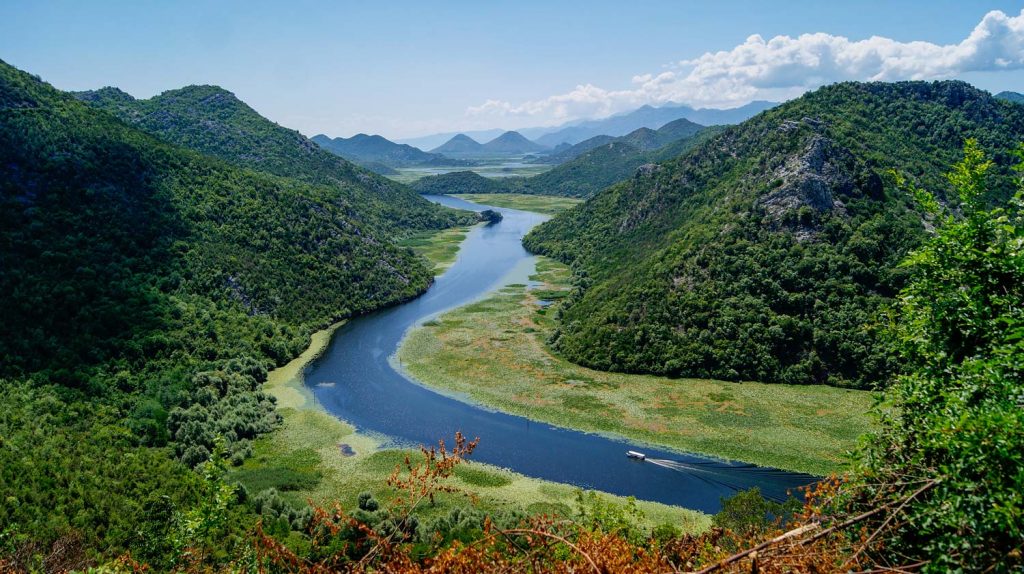
As such the forest-water nexus goes far beyond the role of forests and trees in the hydrological cycle, and should be considered instead within the broader forest–water–climate–people system. From this perspective, it becomes clear that the forest-water nexus is of highest relevance to achieve all the SDGs.
Research and discussion on the forest-water nexus has increased in recent years, and there has been a marked shift towards including the human and climate dimensions of the forest-water nexus alongside the biophysical aspects. This has led to a more holistic understanding of the role that forests and trees play in addressing some of the world’s major challenges, such as food and water security, climate change, and to achieve the SDGs.
Through the ‘Forest-Water Connections to achieve the SDGs: A Call to Action’ session at the XV World Forestry Congress in South Korea, the organisers highlighted advances in research and best practice to stress this point – that the forest and water nexus must be taken into account if we are to achieve the SDGs and successfully adapt to and mitigate climate change. Various examples were highlighted during the session from different ecosystem types, locations within the landscape, and of varying management scales. These showed the need to understand the contextual nature of forest-water interactions, how they translate into services for people and planet, how they are impacted by climate change, and how management guidance needs to be flexible, as what is true for one location in the landscape or a particular ecosystem, may not be true for another.
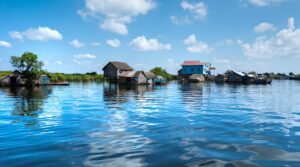
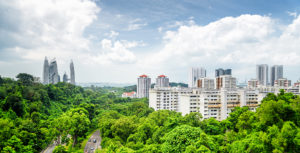
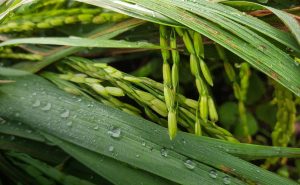
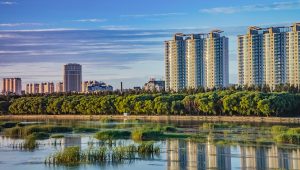
This is an archived version of the SIWI website, preserved to showcase how it previously appeared.
To access the current, live site, please visit siwi.org.
We use cookies on our website to make your experience better. Your personal data is safe and we do not sell it to anyone.
The website is running without cookies, some features will not work.